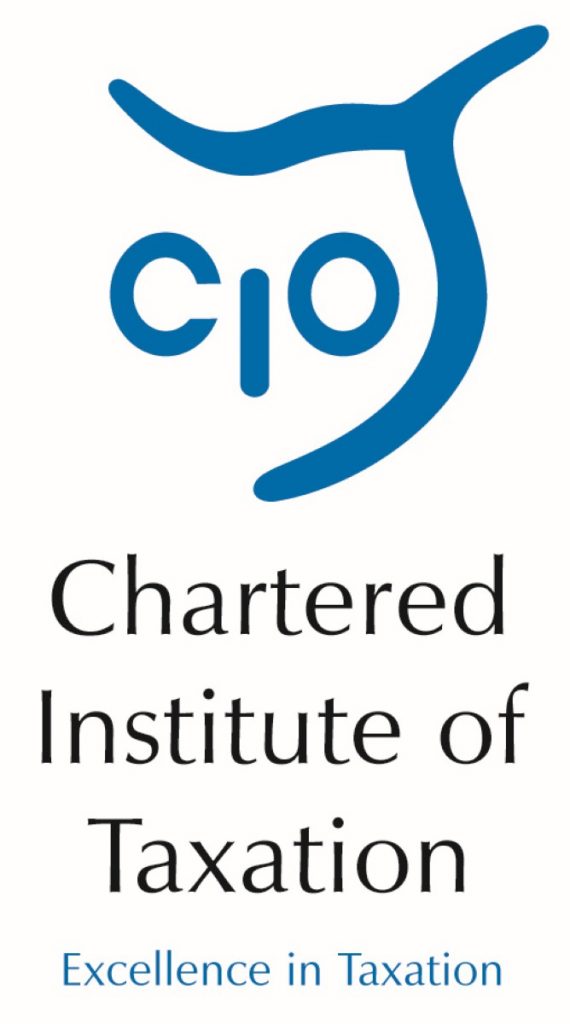The Low Incomes Tax Reform Group (LITRG) has questioned the fairness of a government proposal to increase the amount of tax charged to people living in the UK who receive pensions from overseas.1
Where a pension is paid to a person who is resident in the UK, by or on behalf of a person who is outside the UK, only 90 per cent of the income arising to that recipient in the tax year is liable to tax (called the ‘90 per cent rule’). The Government says it is fairer to pensioners with UK only pension income if this changes to 100 per cent from 6 April 2017.
But LITRG says it is potentially unfair to those in receipt of foreign pensions because they can incur extra costs when it comes to getting that money. The costs are disproportionately felt by those on low incomes, such as when factoring in administrative costs.
The group has suggested that some limited form of relief, perhaps a 10 per cent deduction from foreign income up to, say, twice the personal allowance, could be retained to soften the blow for those on lower incomes.2 This would help those who need the most help because administrative costs may be the same whether you have £1,000 a year of foreign pension income or £100,000 a year.
Anthony Thomas, LITRG Chairman, said:
“The proposed increase in tax on foreign pension income hits people on low incomes hardest because the change will be mainly felt by those with monthly pension income in the tens or low hundreds of pounds rather than those in the thousands. We are talking about pensioners who may be paying £7 to £9 in exchange charges each month. They may also have to pay international call costs to deal with the pension, and deal with complex proof of life processes each year from the country of origin.
“We do of course fully understand why the Government is seeking change, to avoid exploitation of the existing rules in conjunction with pension flexibility. With international mobility of the workforce, overseas pension income is likely to become even more common, so we think that some recognition of these hurdles to receipt of that income could be maintained in the UK tax system.
“A capped 10 per cent rule would benefit all recipients of foreign pensions to some degree but especially the disproportionate impact of those costs on people with smaller foreign pensions. The same rule could apply for calculating tax credits income.”3
Foreign pensions are typically gained from periods living and working overseas and may come from either governments or private companies.
LITRG is also calling on HMRC to exempt people who receive foreign pensions from the burden of having to fill out self-assessment forms. Requiring all those in receipt of such income to file an annual tax return even if they have no liability puts foreign pensioners in a potentially more costly position than an UK-source only pensioner whose tax is dealt with under PAYE, particularly if they need to pay a professional for help.
Anthony Thomas, LITRG Chairman, said:
“Dealing with foreign pensions through simple assessment4 every year, ‘coding out’ via PAYE, or not requiring pensioners to go through any process at all if there is no tax liability, would greatly ease the administrative burden currently imposed. This administrative change must go hand in hand with the changes to tax rules from 6 April.”
Notes for editors
1. LITRG’s submission can be read here: It relates to the Government’s plan in the draft Finance Bill, outlined here.
2. How LITRG’s alternative plan would work:
Bill has foreign pension income of £23,500 a year, and no other income. Under the current law, Bill pays UK tax on 90 per cent of that income – £21,150.
With the proposed changes, Bill would pay tax on the full £23,500 in 2017/18 – an additional tax bill of £470 compared to 2016/17.
If a limited 10 per cent deduction up to, say, twice the personal allowance were adopted, Bill would pay tax in 2017/18 on £23,500, minus 10 per cent x 2 x £11,500 (the personal allowance for 2017/18), i.e.:
Total income £23,500
Minus 10% x 23,000 (£2,300)
Taxable income £21,200
So his extra tax bill in 2017/18 would be only £10 compared to the previous year.
3. The change will also mean that tax credits recipients will have to include 100 per cent of the income in future, instead of the 90 per cent.
4. Simple assessment was introduced in the Finance Act 2016 which provides a formal process for tax to be collected by HMRC without requiring the taxpayer to complete a self-assessment tax return. We understand that it will start to be used from 6 April 2017, for the tax year 2016/17 onwards.
5. Low Incomes Tax Reform Group
The LITRG is an initiative of the Chartered Institute of Taxation (CIOT) to give a voice to the unrepresented. Since 1998 LITRG has been working to improve the policy and processes of the tax, tax credits and associated welfare systems for the benefit of those on low incomes.
The CIOT is the leading professional body in the United Kingdom concerned solely with taxation. The CIOT is an educational charity, promoting education and study of the administration and practice of taxation. One of our key aims is to work for a better, more efficient, tax system for all affected by it – taxpayers, their advisers and the authorities. The CIOT’s work covers all aspects of taxation, including direct and indirect taxes and duties. The CIOT’s 17,600 members have the practising title of ‘Chartered Tax Adviser’ and the designatory letters ‘CTA’, to represent the leading tax qualification.
Contact: Hamant Verma, External Relations Officer, 0207 340 2702 HVerma@ciot.org.uk (Out of hours contact: George Crozier, 07740 477 374)





-01.png)